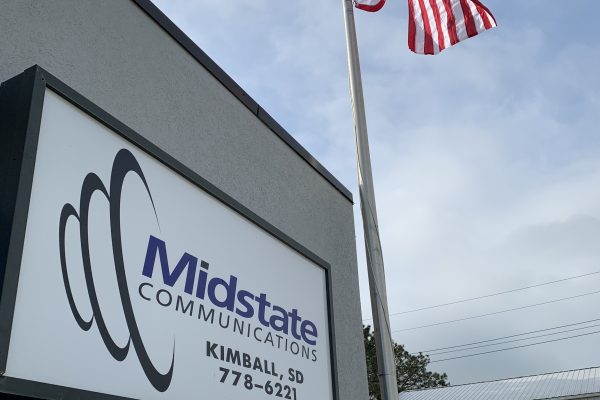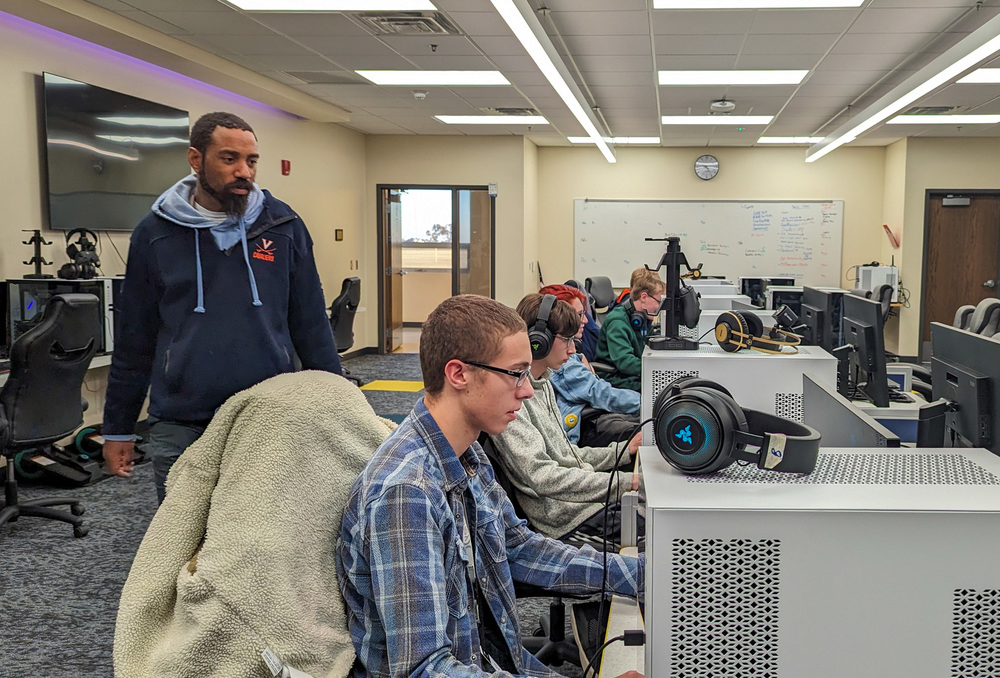
Jeff Evenson didn’t know much about esports when he first heard that the South Dakota High School Activities Association (SDHSAA) was considering sanctioning it.
“I kind of thought it was just a bunch of kids playing video games, and I was thinking, ‘Come on, get outside and go do something,’” he said.
But when Evenson began to learn more about esports through his job as a sales and marketing manager at Northern Valley Communications/James Valley Telecommunications and through his son’s interest in video games, his opinion started to change.
ESPORTS: What to know about South Dakota's newest prep sport
“I learned quickly it was about connecting kids who have like interests,” he said. “It's learning teamwork and communicating with each other on a team in pursuit of a common end goal. To me, that is a life skill you will need in the workforce someday.”
That future workforce includes NVC/JVT and other SDN Communications member companies in the telecommunications industry across South Dakota. Several of the companies, including NVC/JVT, are contributing money and behind-the-scenes support to schools in their coverage area. In addition, SDN and its member companies are hosting the SoDak Circuit free esports event in Sioux Falls on Sept. 21.
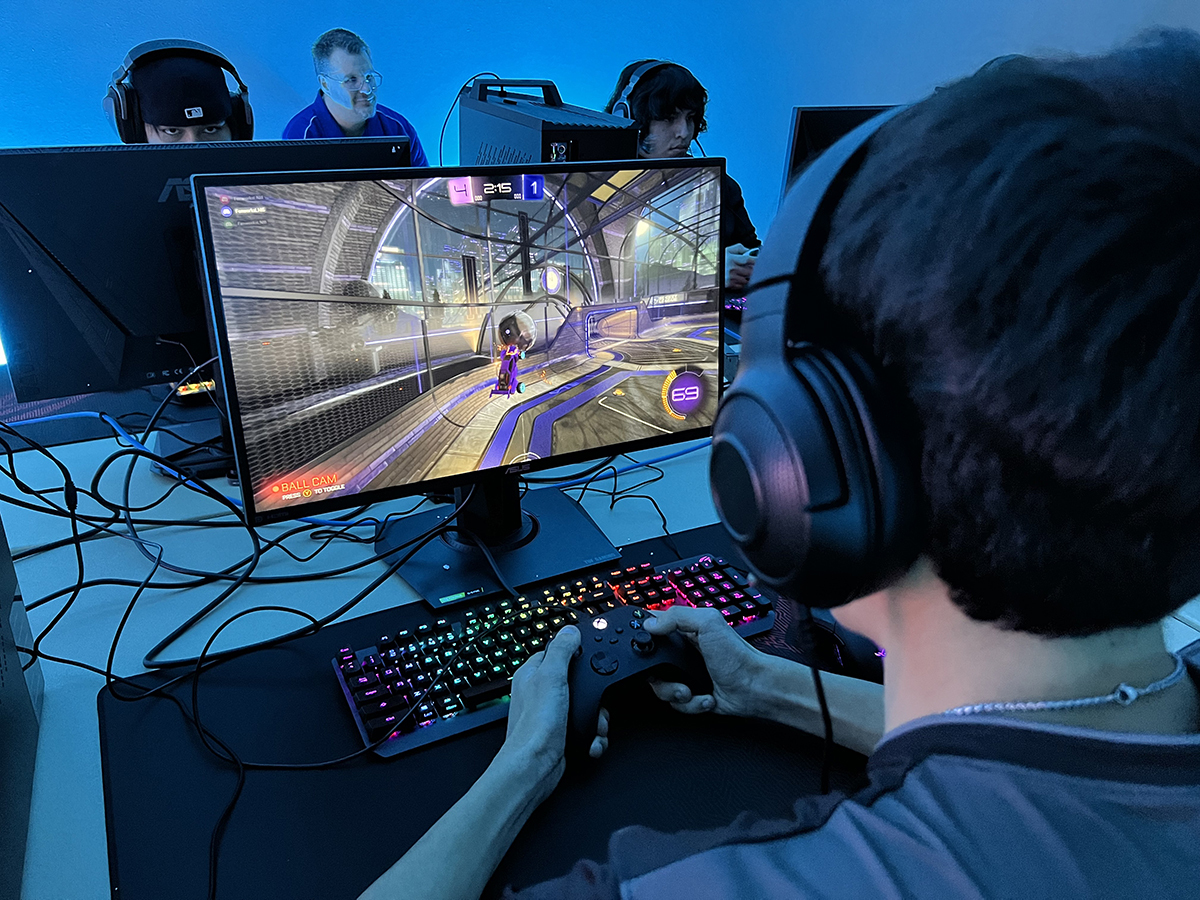
For NVC/JVT, that means a one-time donation of $2,000 for Aberdeen Central, Northwestern and Warner high schools for the 2023-24 pilot season as well as a commitment to other schools that might sign up when the sport is sanctioned by the SDHSAA in the fall. The funds can be used for whatever the schools want, as long as it’s connected to their esports program. Aberdeen used the funds to help pay for professional coaching, while Northwestern and Warner are using it to offset students’ entry fees, Evenson said.
“We knew we wanted to be a part of it,” Evenson said. “This is not a traditional sport, but it is a sport that is near and dear to our hearts and our industry. These might be our customers and our employees someday, so we are embracing it.”
Sign up for more information on SoDak Circuit
'What we do complements what esports is doing'
SDN Communications, a business connectivity provider in South Dakota and southwestern Minnesota, is owned by 17 telecommunications member companies. Those companies cover more than 90% of the state and hundreds of communities.
Several members are supporting their local schools’ esports program as the SDHSAA prepares to sanction the sport for the 2024-25 school year. More than a dozen schools will compete in the pilot season’s state tournament March 22-23 at South Dakota State University in Brookings, and many of them are being supported by SDN member companies.
Alliance Communications, based in Brandon, is helping to sponsor teams from Baltic and Tea.
And Interstate Telecommunications Cooperative (ITC), based in Clear Lake, is supporting Deuel’s esports team and will contribute to other schools if they sign on.
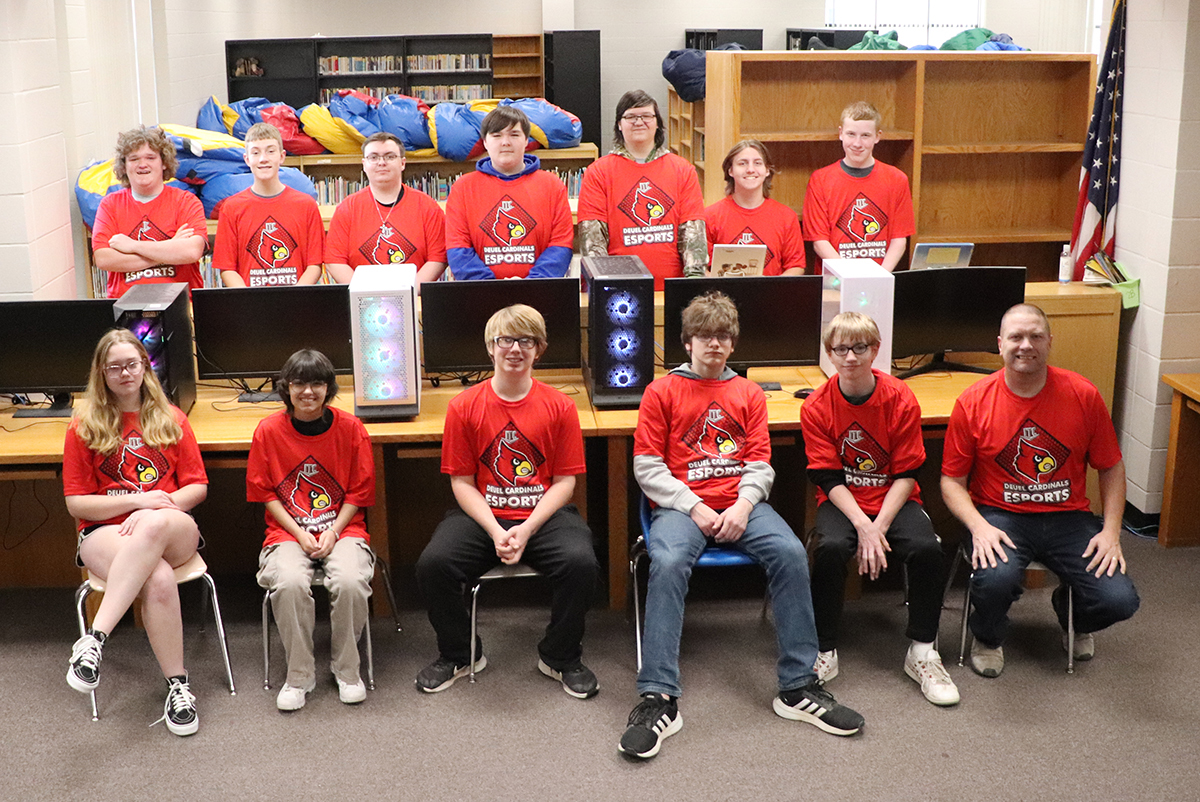
ITC gave $3,000 to Deuel’s team, which includes player jerseys with ITC’s logo. Since Deuel already had an established program and equipment, the team used the funds for trophies, end-of-year awards, a pizza party and game-specific training, coach Michael Gohring said.
The partnership was a natural fit, ITC CEO Tracy Bandemer said.
“You need a good internet connection for esports, and you aren’t going to find anything better than the fiber internet we offer,” she said. “What we do complements what esports is doing. And then who knows? They might be our next employees. We are looking out in the future — that is just a good place to be.”
Deuel has been participating in esports for five years; Gohring said the school was one of the first in the state to start a program. Students built the team’s computers, teaching them valuable tech skills in addition to their participation.
“It’s nice to have (ITC’s) support,” Gohring said. “They are a pillar in our community – literally a block away from our school.”
SDN member companies all in on South Dakota esports
Like ITC and NVC/JVT, Midstate Communications reached out to all its schools in its coverage area to offer up a partnership, General Manager and CEO Chad Mutziger said.
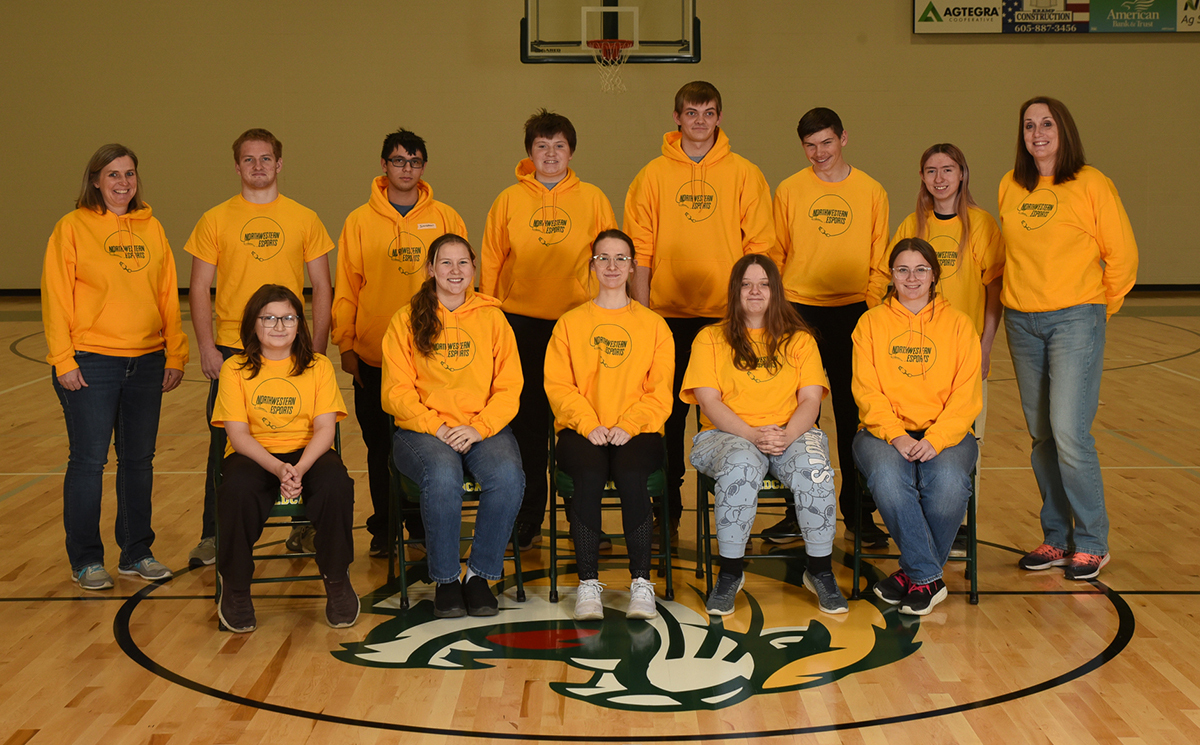
Midstate, which is based in Kimball, will contribute $3,000 over three years to schools that start an esports team. Mutziger said five have signed up to start a program, including Platte-Geddes, which received a $5,000 grant, including $500 from Midstate, to help kickstart its team.
Mutziger cited the workforce development aspect as well as the fiber internet connection as to why Midstate is getting involved, but he also said the company is happy to support a program that offers an extracurricular activity to some students who sometimes get overlooked.
“Esports might reach out to kids who maybe weren’t involved in other extracurricular activities in the schools,” Mutziger said. “And it gives them an opportunity to be part of a team or be a part of their school.”
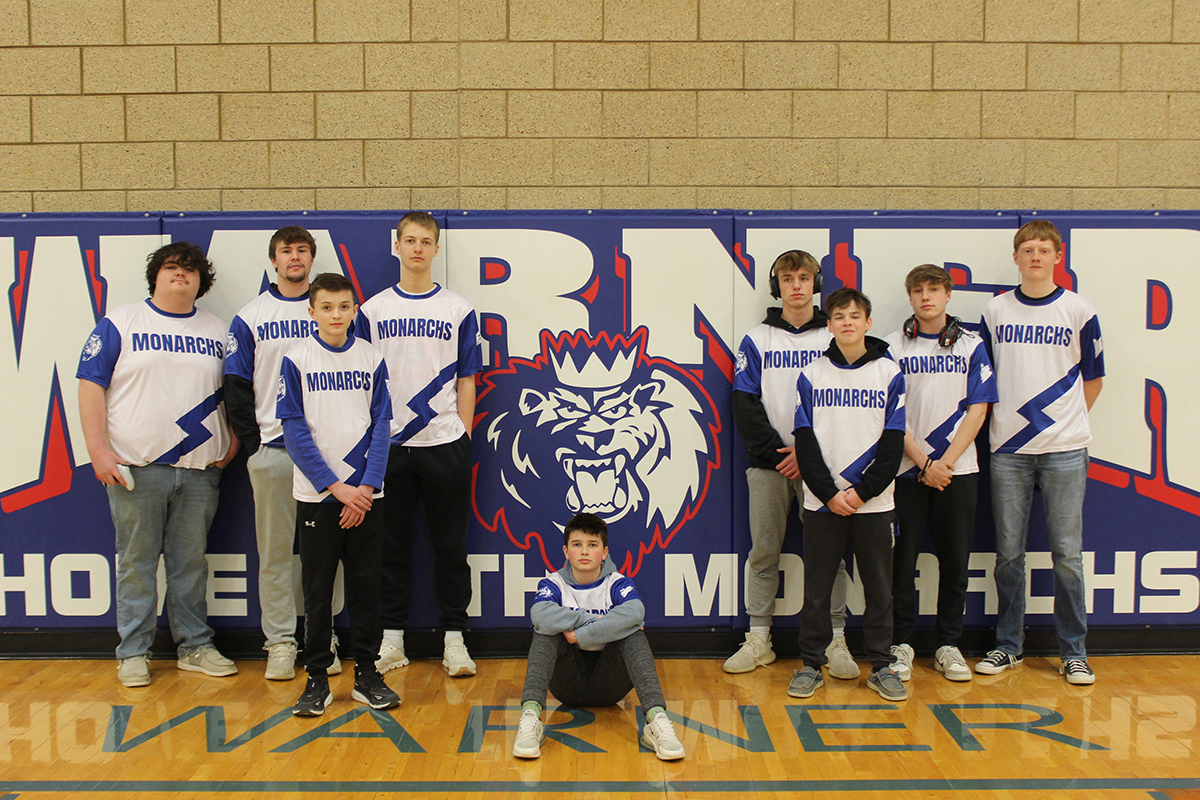
At NVC/JVT, Evenson said they reached out to nine schools in their coverage area to offer support for an esports program. Meanwhile, the three schools that are participating in the pilot season are doing so in different ways. Aberdeen Central has a state-of-the art computer lab, while Warner’s team is competing and practicing from home. Northwestern has a combination of at-home and in-school practices.
SDN member companies have connected South Dakota communities with the world for decades. Now they’re helping connect students in schools through esports.
“This sport is flexible for schools,” Evenson said. “It’s going to help connect kids. … It’s absolutely paramount and crucial that (SDN member companies) are involved in this. These are our kids that are in these schools, and this is part of why it has been so important for all of us to get fiber to these rural communities. Not just for gaming, but you are not going to have a successful esports team if you don’t have fast, reliable broadband.”
